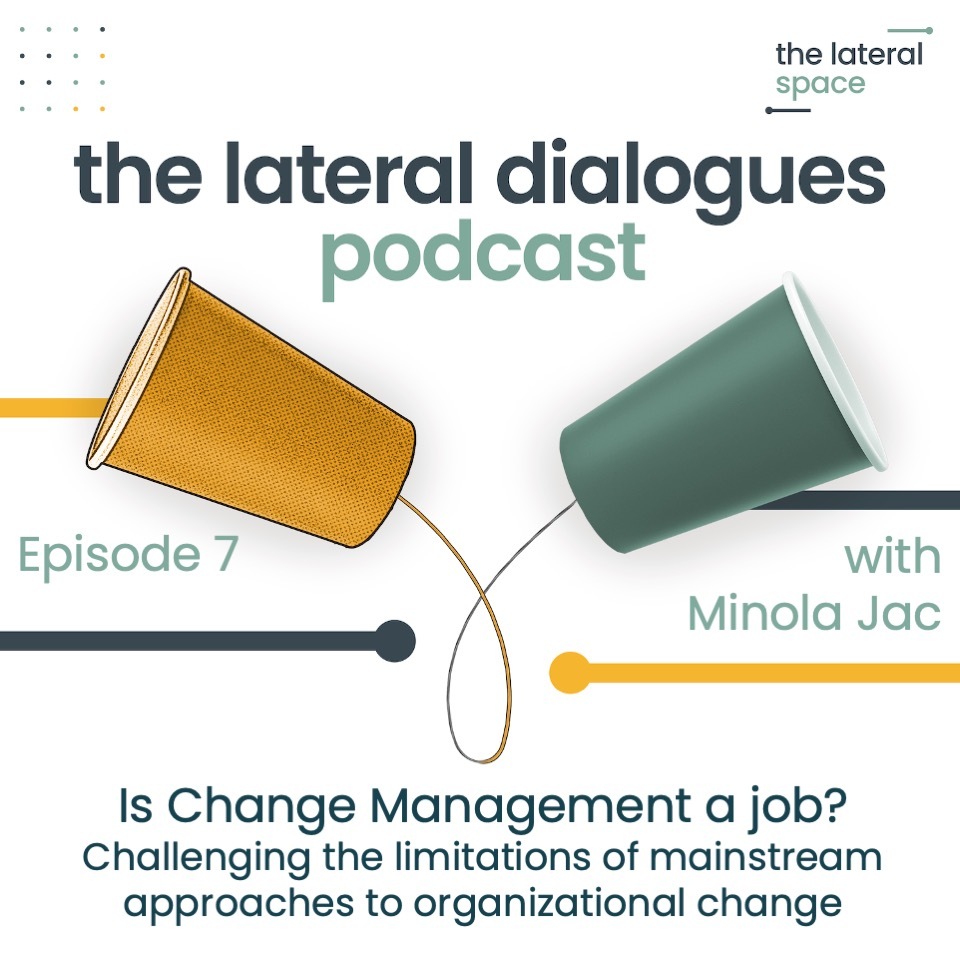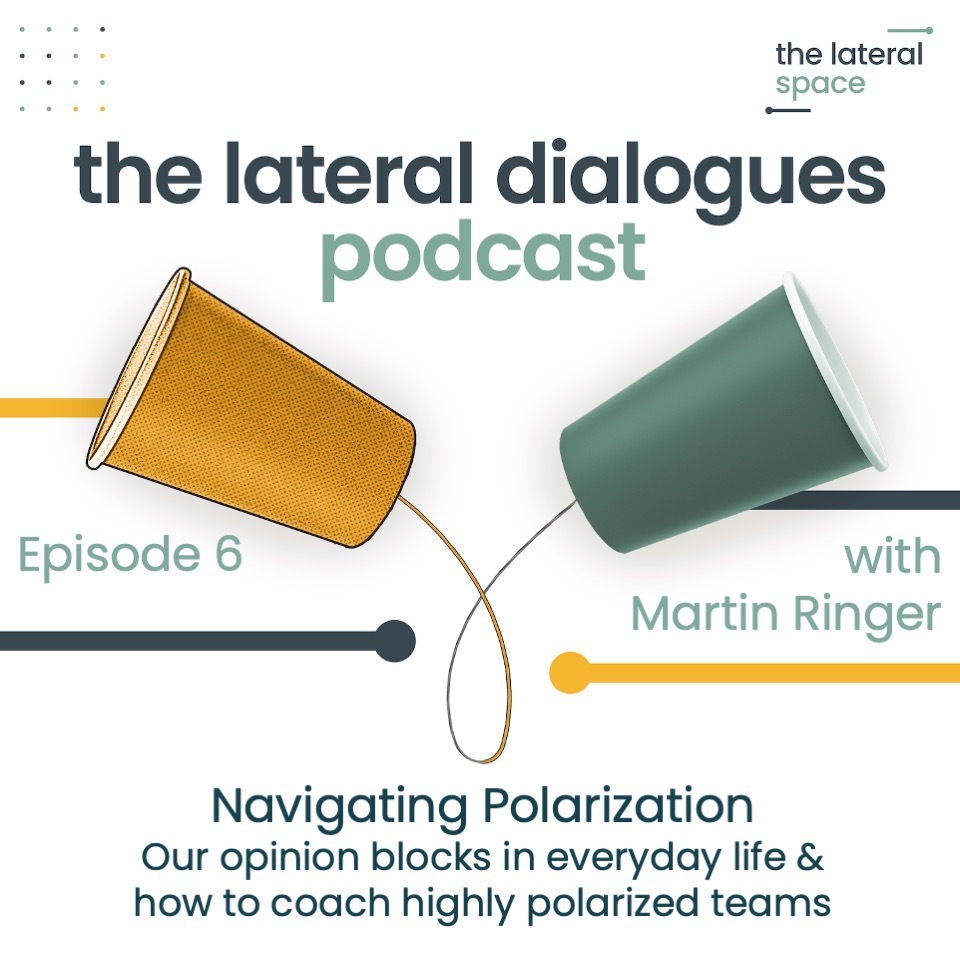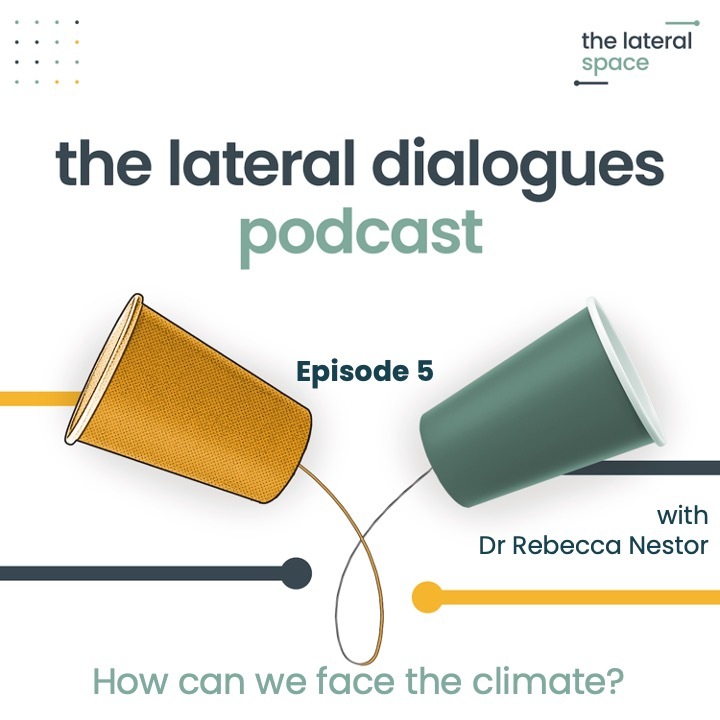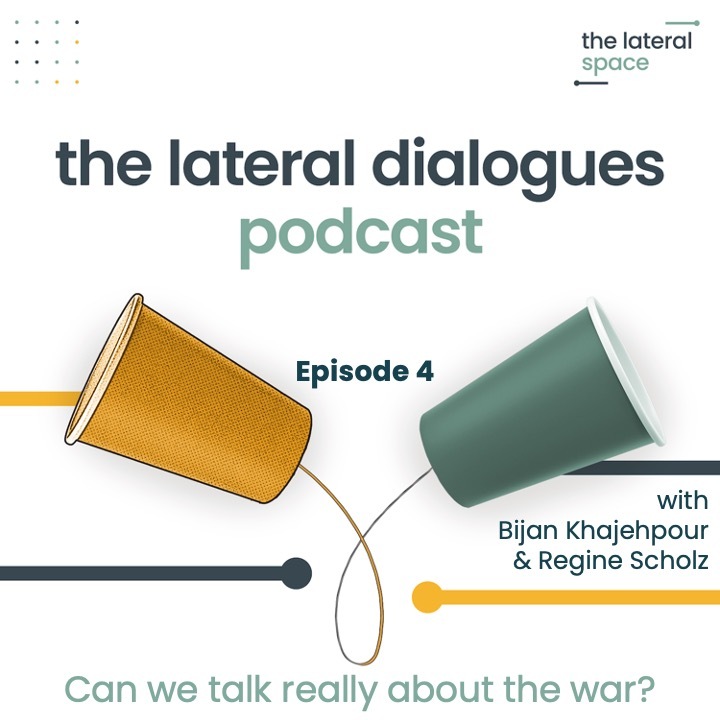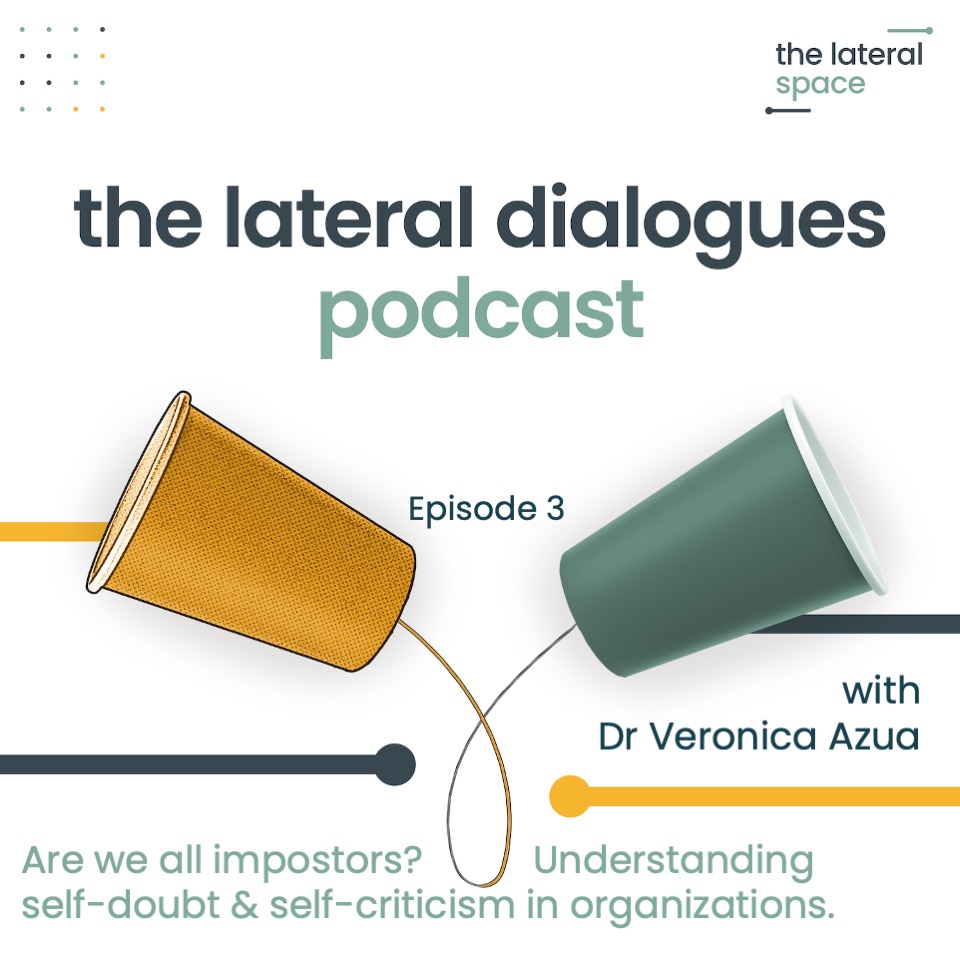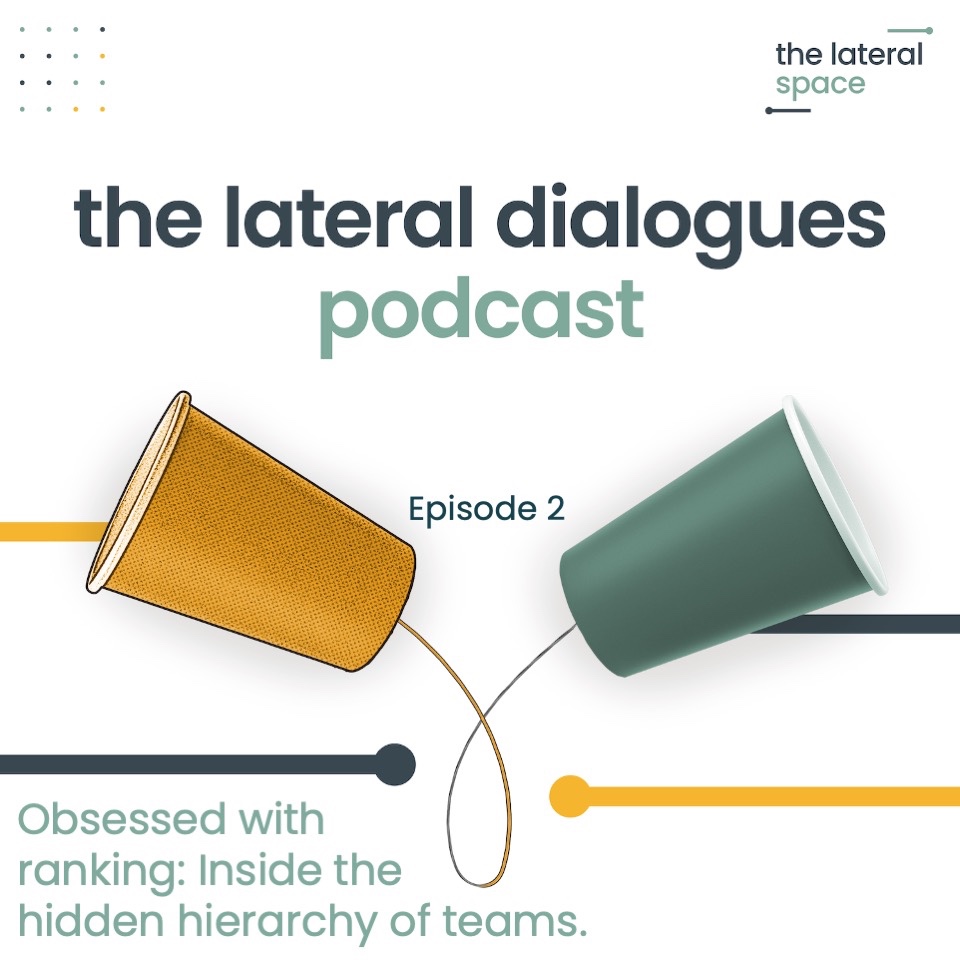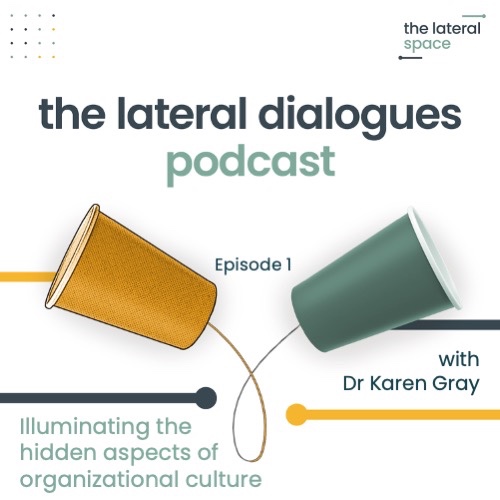Change management has been very present in management practices with lots of well-known methodologies, primarily originating from project management environments. But do they always yield the desired benefits?
What about the non-linear aspects of organizational change? Whether that’s an adjustment to a new environment, letting go of well-known and liked…
Some consider the climate crisis, the most urgent issue for the earth’s future and ourselves on it. Yet, why is it so hard to engage with it, systemically and as individuals? Why is it so hard to inspire action for those working on the climate crisis? What does it take to work in sustainability within large corporations? And how do each of us, Earth’s inhabitants, get emotionally impacted by the climate crisis? Why does this topic evoke polarization in…
How can we engage in social dialogue on geopolitical or social conflict, such as the war in Gaza or Ukraine? How can we have a meaningful dialogue beyond polarization or political correctness? Why are we psychologically mobilized to fight, even when we are not directly linked to these conflicts and why are we impacted in our ability to think, talk, and act? We are joined by Bijan Khajehpour & Regine Scholz from the International Dialogue Initiativ…
Dr Veronica Azua got motivated to research self-doubt, after noticing a very common paradox in senior leaders: despite having led successful lives and careers, they would still experience heightened self-doubt and self-criticism. In this Lateral Dialogue, Veronica shares some of the key moments, when we are prone to experience such feelings. How being surrounded by high-achievers or part of “elite” organizations intensifies feelings of self-doubt whi…
Why do we create hierarchies in groups, even when we intend to be flat? Why are we so preoccupied with ranking, and yet we operate with absolute equality? This episode explores how we are unconsciously impacted by hierarchy, how to recognize the dynamics of hidden hierarchy, and what its unintended effects on teams and leadership are. Dr Petros Oratis explores these questions with Warden Hoffman in this Lateral Dialogue.
1. Illuminating the hidden aspects of organizational culture: How can we uncover its unconscious aspects? What happens when we expose uncomfortable truths of how we function? Why often culture doesn’t shift even when we explicitly cascade how we should behave differently?
Dr. Karen Gray joins Warden Hoffman and Petros Oratis in this Lateral Dialogue to explore these questions.



